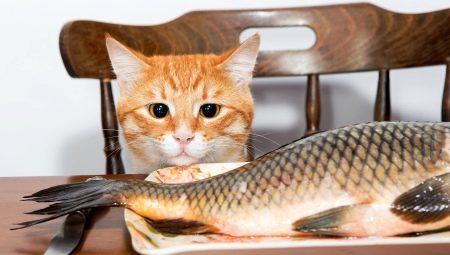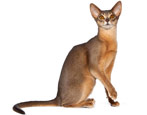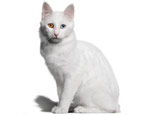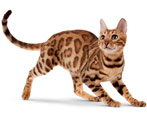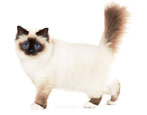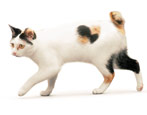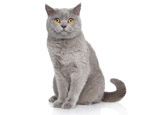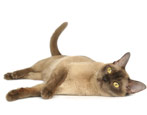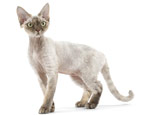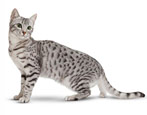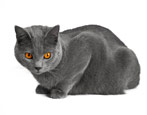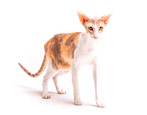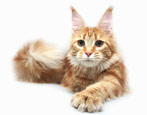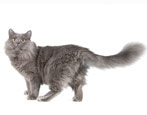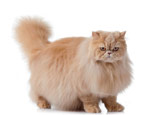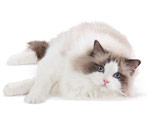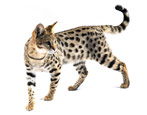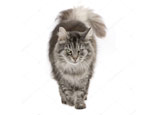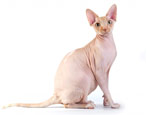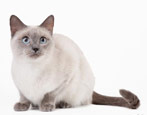As you know, most cats love fish very much and will never refuse such a treat. Many pet owners with confidence think that fish feeding does not pose any danger, even useful. Often, they specially acquire a fish to please their pet. But it turns out that this cannot be done. Let's see why, and what is the danger.
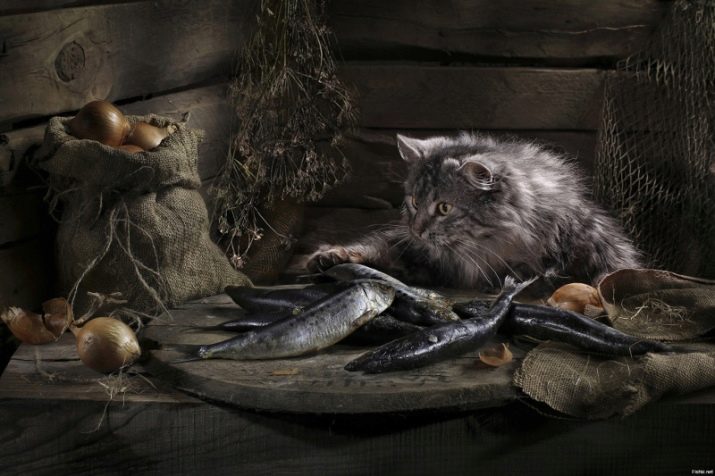
The benefits and harms of fish diet
Fish is a product that is not required in the diet of cats, but is so loved by animals. You can’t argue that its benefits are obvious: it contains useful fatty acids, which contribute to the growth of beautiful coat, suspend inflammatory processes in the body, and support healthy vessels.
However, it is important to know about the dangers of fish when consumed abundantly. This is evidenced by the totality of reviews of cat owners, as well as the conclusions of practicing veterinarians.
- Urolithiasis disease. Due to the excess of magnesium during fish consumption and the balance of minerals, the kidney function of healthy pets is gradually becoming more difficult, which leads to the provocation of the development of this serious disease. Especially it is contraindicated in castrated and sterilized cats.
- Metabolic disorder substances or, in other words, oxidative stress in the body. It is especially active in cats that eat only one raw fish.
- Overweight. This is due to a lack of vitamin E and a glut of fatty acids. All adipose tissue of the body becomes inflamed, body temperature rises, general lethargy appears. Sometimes even soft and gentle touches to the coat will cause pain in the cat.
- Difficult metabolism. Fish contains a lot of thiaminase - an enzyme that destroys vitamin B1, which is so necessary for pets. This enzyme can be destroyed by heat treatment or by boiling the product for 30-40 minutes, but the beneficial properties are also lost.
- Anemia. The fish contains trimethylamine oxide, which does not allow iron to be absorbed in the cells, so the development of the animal slows down and leads to infertility.
- Hyperthyroidism. This disease develops in cats that consume fish products every day and in unlimited quantities.
- Excess fish in the diet leads to a lack of vitamin K, which is responsible for blood coagulation. For this reason, very often animals die in case of hemorrhage in the digestive tract and liver.
- Helminth infection. As you know, fish are carriers of parasite larvae that can be infected with pets.
- Is this product also strong allergen may trigger the development of allergic reactions.
- Pets often injure the esophagus and intestines with sharp bones.
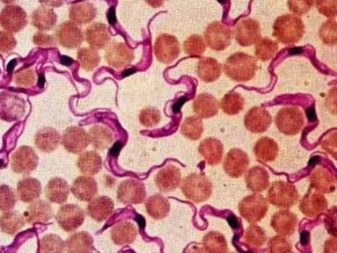
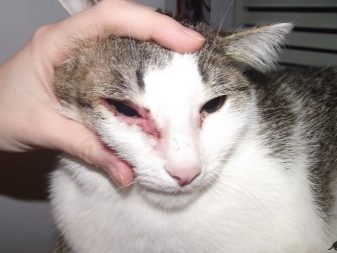
Against the background of all the dangers that await our pets when eating fish, the pluses are lost. Before diversifying the cat’s menu with his favorite treat, it’s worth considering the consequences.
Recommendations of specialists
Of course, you should not completely exclude fish from the menu of a pet. You can use this product subject to the rules that allow you to maintain the health of the animal in normal.
- Fish should only be boiled and preferably noble low-fat varieties: halibut, hake, cod. This will avoid infection with parasites, poisoning with harmful enzymes, such as thiaminase.
- It is advisable to clean the meat from bones before serving and cut into pieces.
- It is possible to supplement the pet’s diet with fish no more than once a week, since it is addictive in pets, which can provoke a refusal to consume another feed. It is important to note that in the manufacture of finished feed with the addition of fishmeal, the norm is taken into account, so that problems for the animal's body are eliminated.
- You can’t feed a fish cat bearing offspring, since the content of harmful substances in meat can adversely affect the formation of the fetus.
- After castration or sterilization, animals can be pampered with this type of treat no more than once every two weeks.
- It is advisable to serve it in combination with vegetables or a side dish of cereals.
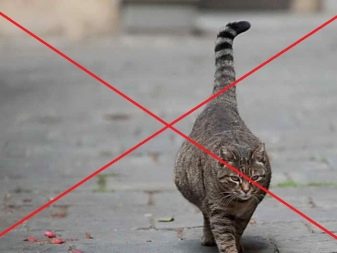
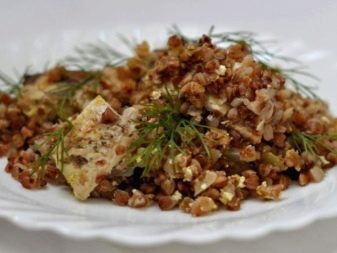
If you want to feed the cat raw fish, then you must first freeze it, and before serving, pour boiling water over it. Heat treatment will minimize the risk of helminth infections.
It is strictly forbidden to give salted, fried, smoked and river fish!
When consuming a large amount of salt in the animal’s blood, the number of electrolytes increases sharply, which leads to disruption of all cells in the body. Excess salt provokes convulsions, diarrhea, general lethargy, increased thirst and excessive urination. The animal may die within 24 hours.
River fish always have many small bones with which the cat can easily injure the esophagus, stomach and mucous membranes.
It is necessary to exclude capelin, blue whiting, river and sea bass, and sprat from the diet.
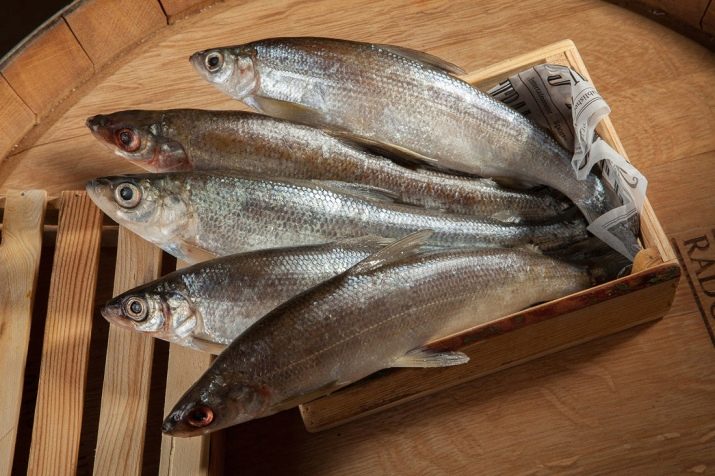
Should there be fish in the cat's diet? You will find the answer to this question in the video below.
